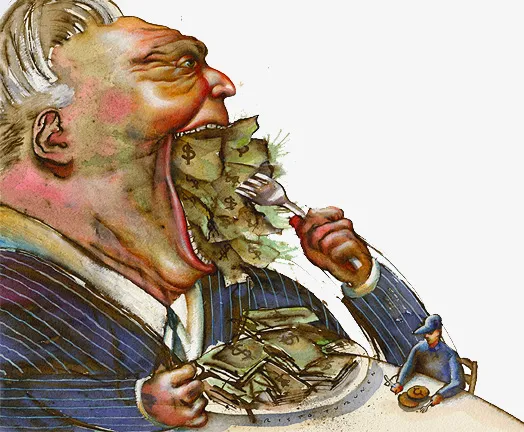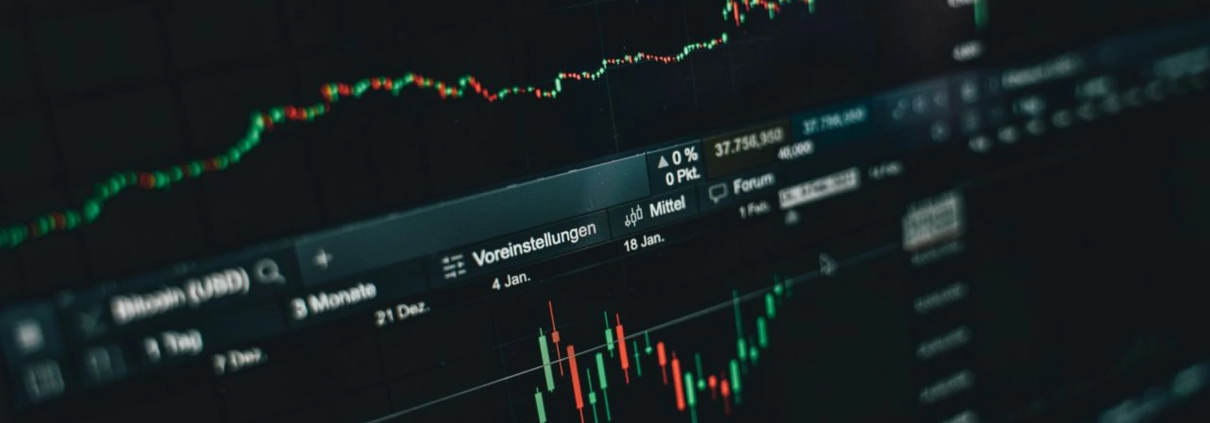Investor Insights: Part One

Theranos — From Industry Darling to Dead Unicorn
By Bill Clifford — CEO, Spencer Trask & Co.
This is the first of a series focused on unicorns whose tusks were shorn once investors and journalists exposed egregious operational malfeasances of messianic leaders who were peddling what turned out to be nothing more than a vision wrapped up in emotion and ‘hot air.’
. . .
When faced with the opportunity of investing in the next transformative business model, it seems that all rationality, logic and reason often goes out the window, and blind passion and irrationality are all that is left in the minds of investors and prospective buyers. Such has been the case with WeWork, Theranos, and Uber, all of which became major news stories and whose cautionary tales were dramatized on various streaming platforms. Each of these companies had novel approaches for penetrating a multibillion-dollar marketplace that was ripe for the taking, and all they required was a few million dollars from investors to launch their new enterprises.
While all three companies operated in completely different markets with completely different business models, there are striking similarities between each from which lessons can and should be learned by the investor community. All of these companies were founded and led by individuals who very much fit the messianic model.
Theranos was led by Elizabeth Holmes, who fashioned herself as the second coming of Steve Jobs. Jobs had his Lisa, Holmes had her Edison machine — only Jobs’ Lisa actually worked. Investors love a good Cinderella story and they certainly had one with Holmes. Jobs dropped out of college — Holmes dropped out of Stanford. You can’t convince me that a smart, charismatic woman peddling a transformative business model that was poised to shake up the multi-billion-dollar blood testing industry wasn’t going to get an audience with Silicon Valley’s most elite investors whenever she wanted. Investors such as Larry Ellison and Tim Draper both became early investors in Theranos.
When Theranos needed credibility Holmes went out and recruited high-profile public figures to join the company’s Board of Directors, including former Secretaries of State Henry Kissinger and George Shultz. (The latter of which would come back to back to bite the company as Shultz’s grandson became a whistleblower.) But the company plugged away, winning a major contract with Walgreens for in-store deployment of its Edison on-site blood testing device. At one point Theranos was valued at $9 Billion, making Elizabeth Holmes one of the richest women in America. The company maintained a veil of secrecy around everything related to its R&D, requiring tight NDAs from employees and disclosing little or nothing to anyone trying to dig deeper into the mysteries of the Edison machines inner workings. This should should have been a huge red flag to all involved.
The cracks in the foundation were beginning to get wider and deeper as investigative journalists probed into the science behind the Edison machine and its various degrees of testing and certification — only to find it lacking in both. As the FDA began to crack down on Theranos and impose constraints on Elizabeth Holmes’ ability to conduct business in the blood testing industry, she was forced to resign as CEO and the business was dissolved in 2016. Her net worth went from over $4.5 billion to essentially zero, and she has subsequently been convicted of four counts of fraud and is awaiting sentencing.
Her partner in crime at Theranos, Ramesh Balwani, has recently been convicted on all 12 counts of fraud and is awaiting sentencing. It is expected that both Holmes and Balwami will serve jail time. Are there any lessons to be learned by the investing community from the Theranos story, and will they take them to heart? You bet.
. . .
The Theranos story is a case study for letting the fundamentals of investing get out of hand too long before the proper due diligence is completed. And for the follow-on investors: Did they just assume that early investors did the due diligence for them? It is clear to me that the company created an atmosphere of privacy and secrecy for a very specific purpose; it didn’t want anyone to know that there wasn’t anything in the Edison machine but fairy dust. The addition of the big-name government and military officials to the Board was done purposefully — they brought status and credibility, and possibly contacts with prospective sales, but they didn’t know anything about blood virology so they couldn’t ask any questions about the science of the company and, in lieu of that rigorous due diligence, took what Elizabeth Holmes fed them as gospel. It was all a con — from the start. Investors lost a lot of money on Theranos — some of it venture money, some of it family office money — all of it gone with no recovery and no residual. Will those investors learn anything from this debacle — it’s hard to say. Despite losing over $100M, the venture players in this saga are not likely to stop playing unicorn-maker any time soon. Will they check and double check the technology before dumping money into a company? They say they will, but if the competition is knocking on the door with a $100M check at the same or better terms and the deadline is fast approaching, oftentimes due diligence gets short shrift in favor of a few discount points and Board seats.
Do I think that Theranos will be the last fraud debacle that we will see in the $5B and up range? No. There are probably two or three others percolating right now that we haven’t heard of, whose bubbles haven’t yet burst, and are just waiting to set the market ablaze with stories of how close they were to upsetting a multi-billion-dollar market with a new, breakthrough business model or technology. Buyer beware.



